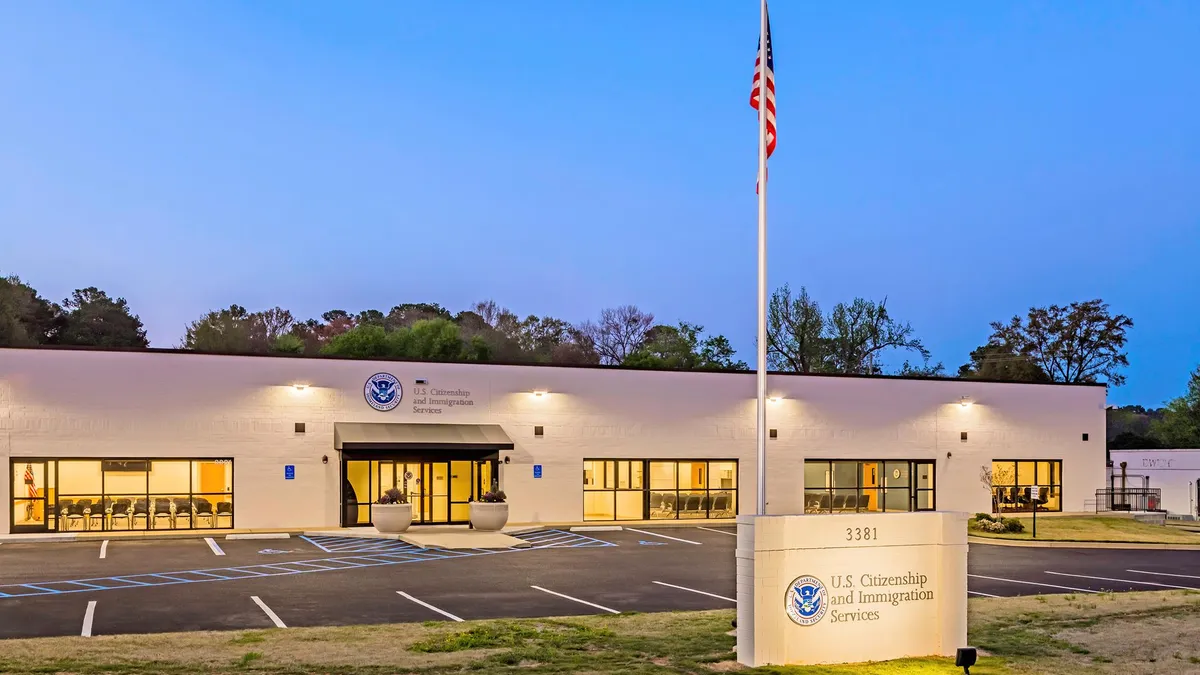Dive Brief:
-
U.S. Citizenship and Immigration Services (USCIS) is temporarily halting premium processing "for all FY 2019 cap-subject petitions," which includes exemption-seeking petitions for those with a master's degree or higher obtained in the U.S., according to the federal agency on Tuesday. Acceptance for H-1B petitions for FY19 begins April 2.
-
USCIS said the suspension is intended to cut H-1B processing times and therefore free the agency to process long-pending petitions, which have been on hold because of high volume, according to the announcement. The suspension will also help H-1B extension cases that are close to 240 days.
-
The premium processing suspension is supposed to last until Sept. 10, 2018. In the meantime, the agency will continue to accept premium petitions that are not reserved for FY19.
Dive Insight:
Due to the rapid changes in the H-1B program in the last year, many employers are unable to adequately plan how they will supply their workforce.
Earlier this month USCIS announced it would delay fast-tracked processing for H-1B visas, but there were no dates for when or how long the suspension would last. It would impact the for-profit companies that contend for the limited pool of candidates.
Employers were handcuffed by their inability to plan prior to knowing the length of the delay. However, this is just the latest string in changes employers and visa holders have had to adapt to.
Organizations reliant on foreign contractors through the visa program are tasked with finding alternative solutions or meeting agency expectations for visa petitioners.
Potential visa holders working at third-party work sites are particularly under pressure to "provide contracts and itineraries for employees," though it can prove challenging to forecast contract employment three years out.
In addition to visa holders having to prove their candidacy for a "specialty occupation," they have to "maintain the requisite employer-employee relationship" while they wait for their next job.
Approvals in 2017 were at an all-time low. The approval rate dropped below 60%, and the latest changes could indicate a more severe impact on those who even apply for the visa.













